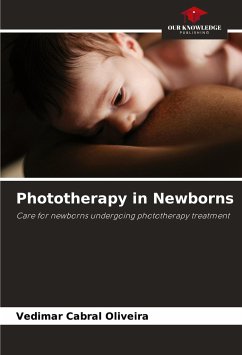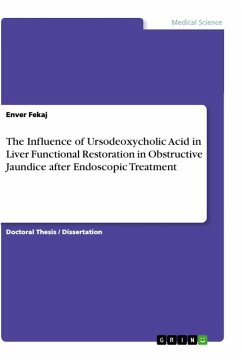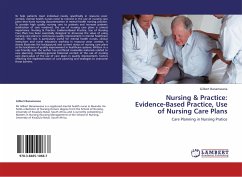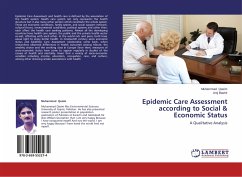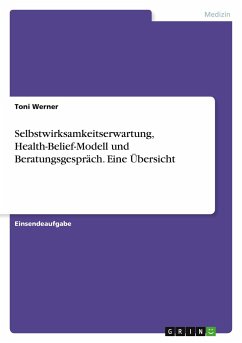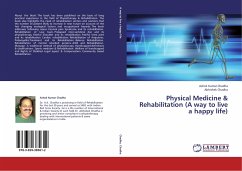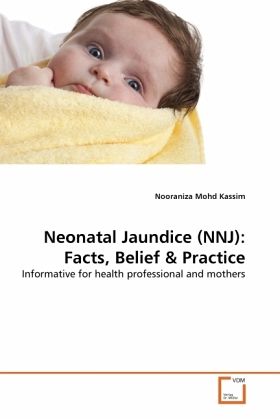
Neonatal Jaundice (NNJ): Facts, Belief & Practice
Informative for health professional and mothers
Versandkostenfrei!
Versandfertig in 6-10 Tagen
32,99 €
inkl. MwSt.

PAYBACK Punkte
16 °P sammeln!
The neonatal period in the first 28 days of life is at maximum risk where the neonatal morbidity and mortality cause by jaundice is high in African, Asian, Latin America, and other developing countries. The yellow discoloration called neonatal jaundice (NNJ) seen in the skin when a chemical called bilirubin builds up in the newborn's blood. If this condition is not treated, it may cause brain damage and life-long condition called kernicterus and rates of jaundice have been reported to be as high as 60% to 80% of all newborns. The role of nurses is not only in educating the mothers, but also in...
The neonatal period in the first 28 days of life is at maximum risk where the neonatal morbidity and mortality cause by jaundice is high in African, Asian, Latin America, and other developing countries. The yellow discoloration called neonatal jaundice (NNJ) seen in the skin when a chemical called bilirubin builds up in the newborn's blood. If this condition is not treated, it may cause brain damage and life-long condition called kernicterus and rates of jaundice have been reported to be as high as 60% to 80% of all newborns. The role of nurses is not only in educating the mothers, but also in identifying the signs and symptoms and also be able to manage neonates with NNJ when bring to them. It is important for nurses to have basic knowledge which later can influence their attitude and practice.



